 |
| September 10, 2020 |
Dear Reader,
Devastating wildfires are raging across the American West, sending smoke and ash through communities in hot, dry states. For today's main story, an environmental toxicologist explains what exactly is in this smoke and how it affects humans who breathe it. Our next piece is about the stigma of addiction. Despite what the science says, many people view substance abuse as a result of moral weakness and flawed character. Nora D. Volkow, director of the National Institute on Drug Abuse at the National Institutes of Health, counters this thinking and illustrates how addiction is influenced by factors outside an individual's control. Also featured in this roundup: SpaceX's attempts to dim Starlink fall short and a look at how climate change threatens to undermine the stability of the U.S. financial system. |
| | Sunya Bhutta, Senior Editor, Audience Engagement
@sunyaaa | |
 |
| |
| |
| |
| |
| |
| |
| |
| |
FROM THE STORE
 | | | |
| |
FROM THE ARCHIVE
 | | The Hidden Toll of Wildfires A huge aerial campaign seeks to understand the effects of biomass smoke on human health By Kyle Dickman | March 2020 | | |
LATEST ISSUES
 |
| |
| Questions? Comments?  | |
| Download the Scientific American App |
| |
| |




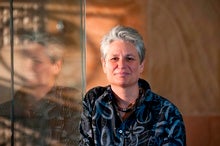
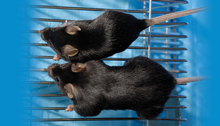
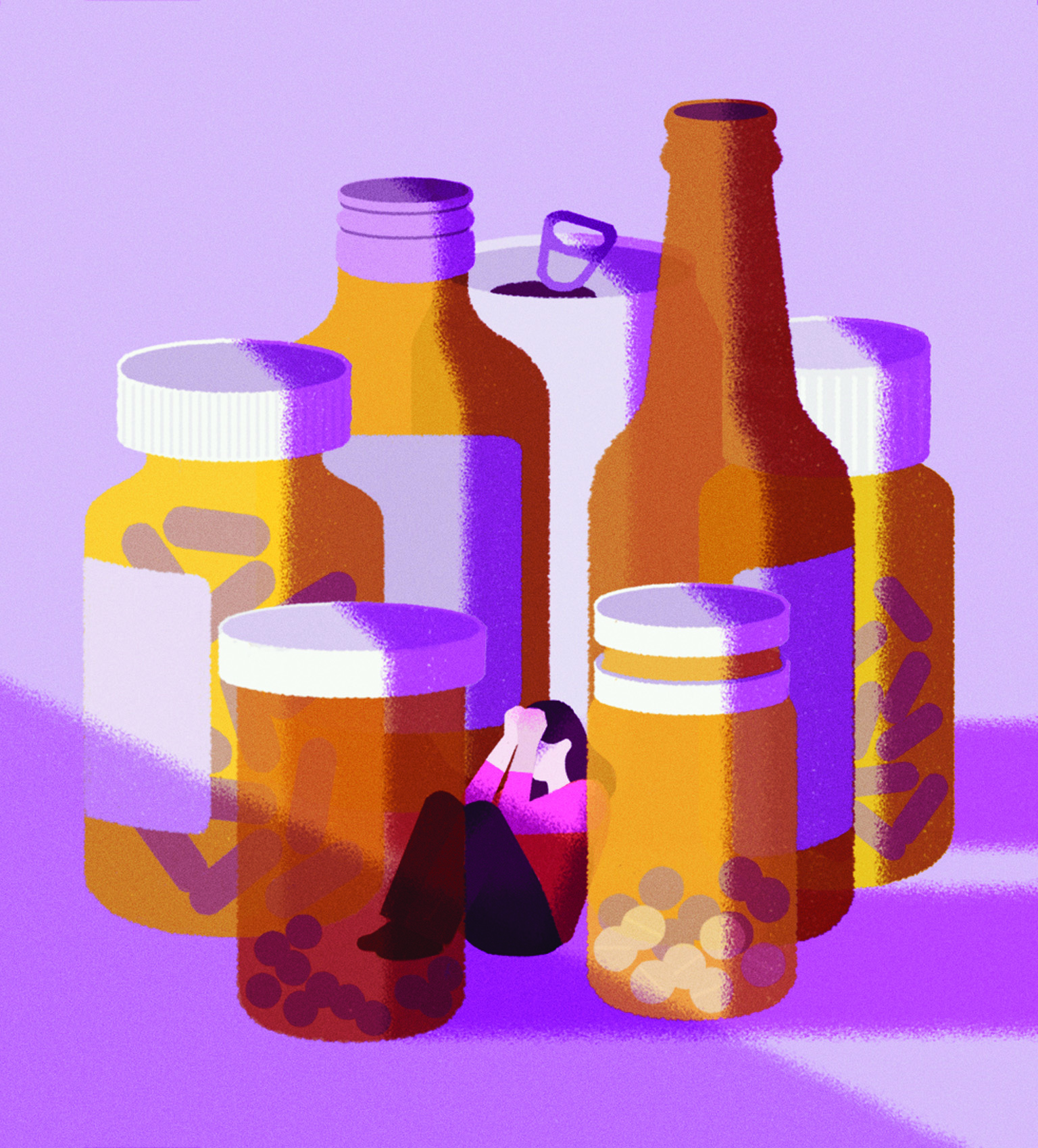


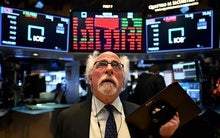
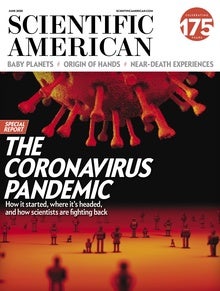

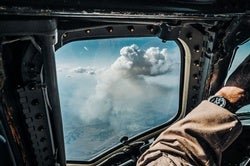
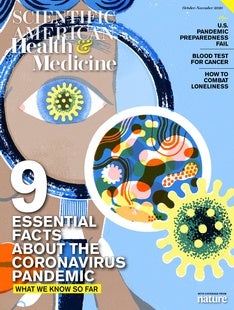

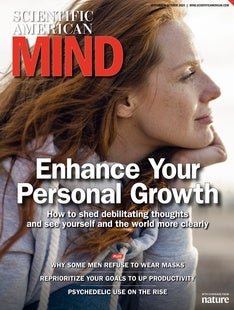
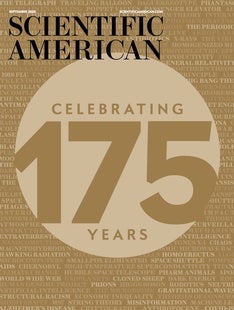
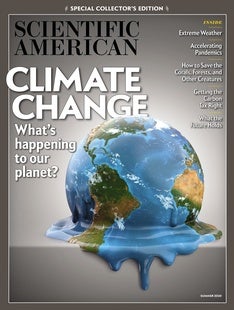



Comments
Post a Comment